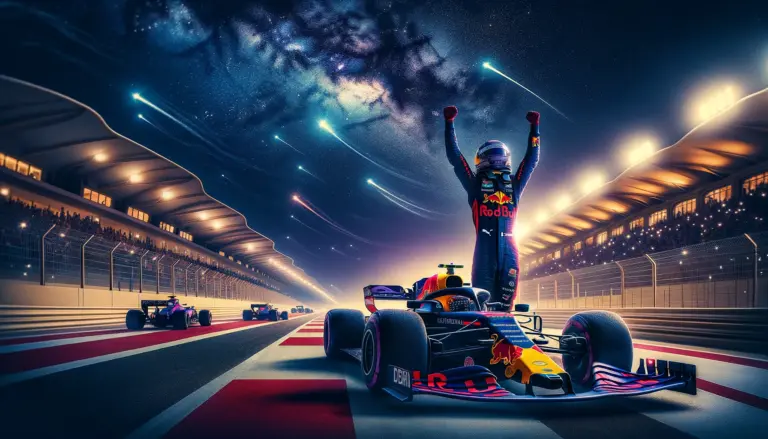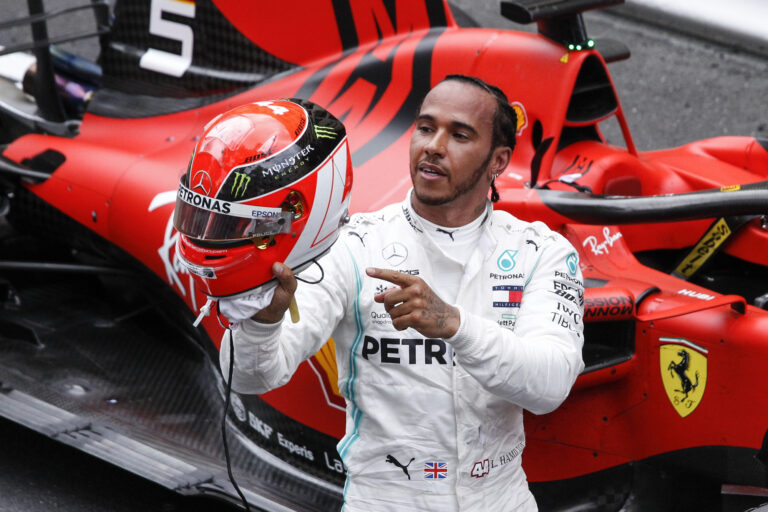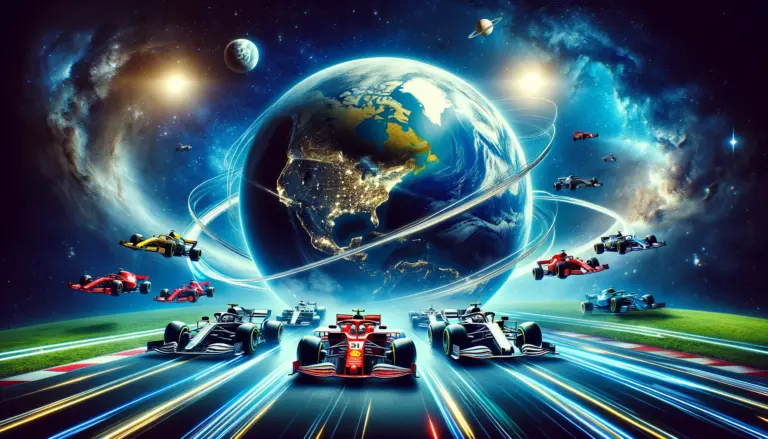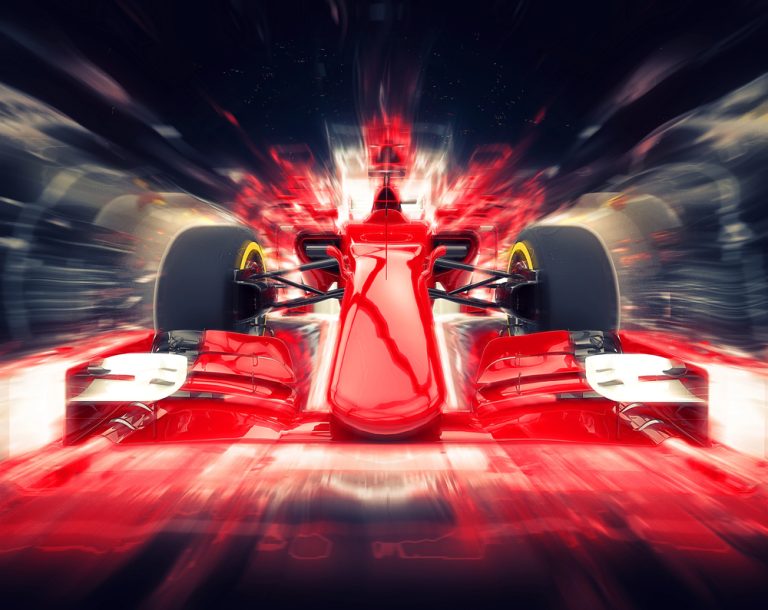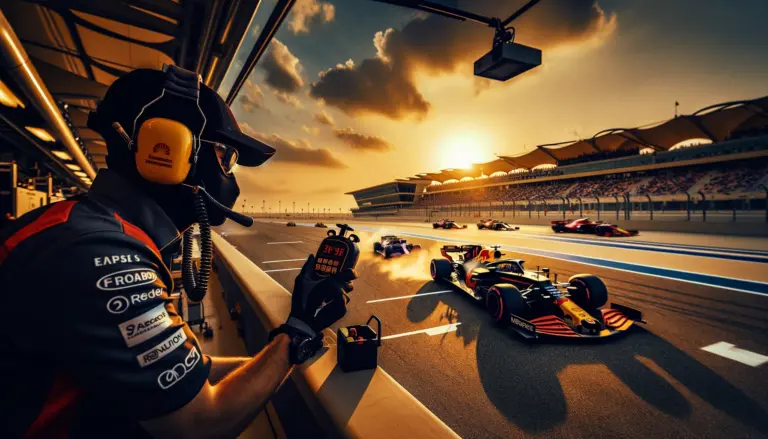A Look Back at Formula 1’s Most Debated Title Outcomes
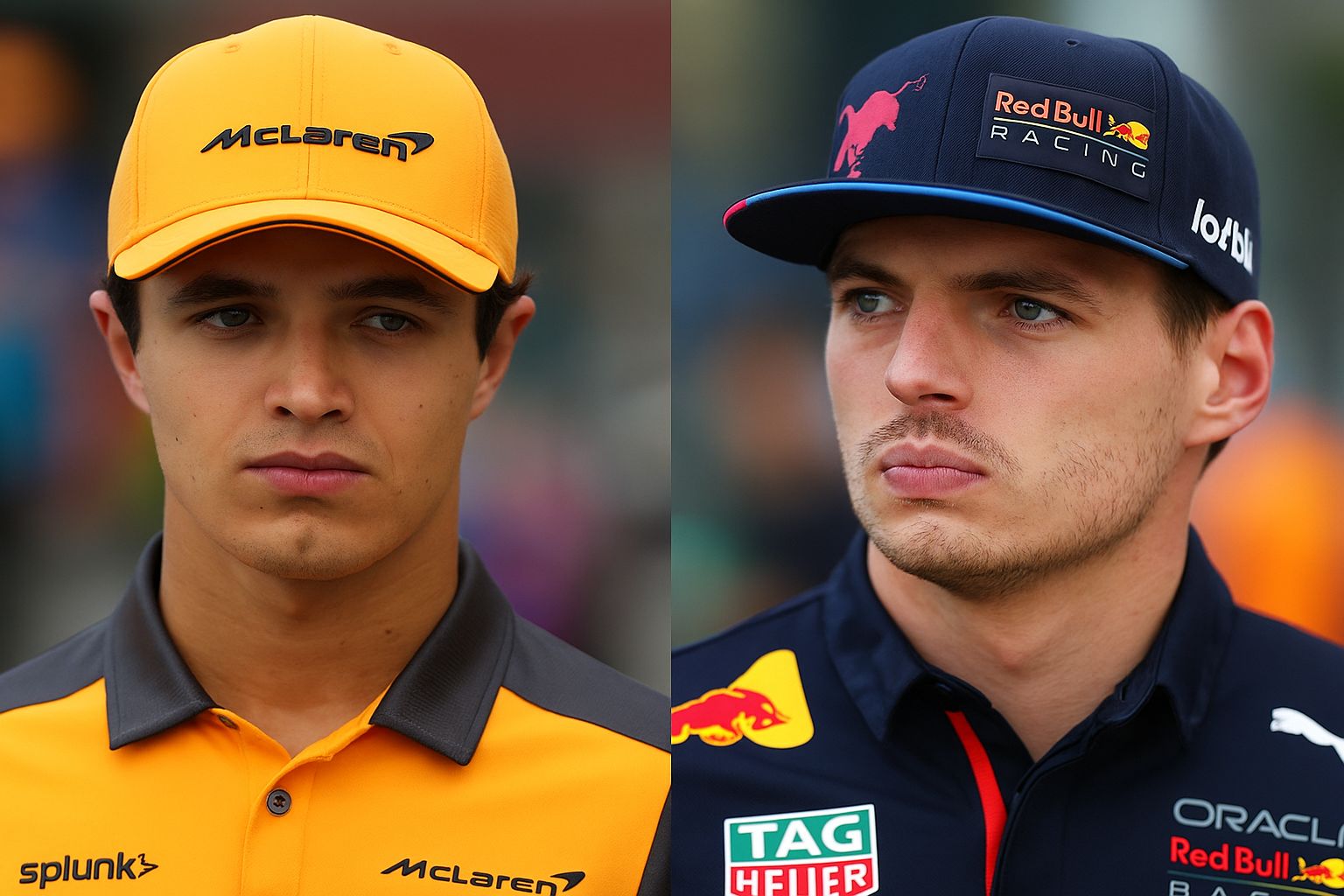
Formula 1 has always been a sport defined by excellence, precision, and razor-thin margins. But every so often, a season comes along where the outcome sparks debate for years — even decades. Championships are about points, not pure driving ability, and sometimes the best driver on the grid doesn’t end the year as World Champion.
And with the 2025 season shaping up into a scenario where Lando Norris might win the Drivers’ Championship despite most of the paddock agreeing that Max Verstappen has been the best pound-for-pound driver, it’s the perfect time to revisit history’s most controversial title outcomes.
These are the moments when the quicker, more complete, or more consistent driver didn’t lift the trophy — and how it happened.
For Tickets and Package Deals to all your Favourite F1 Races Please Click Here
Michael Schumacher vs Jacques Villeneuve – 1997
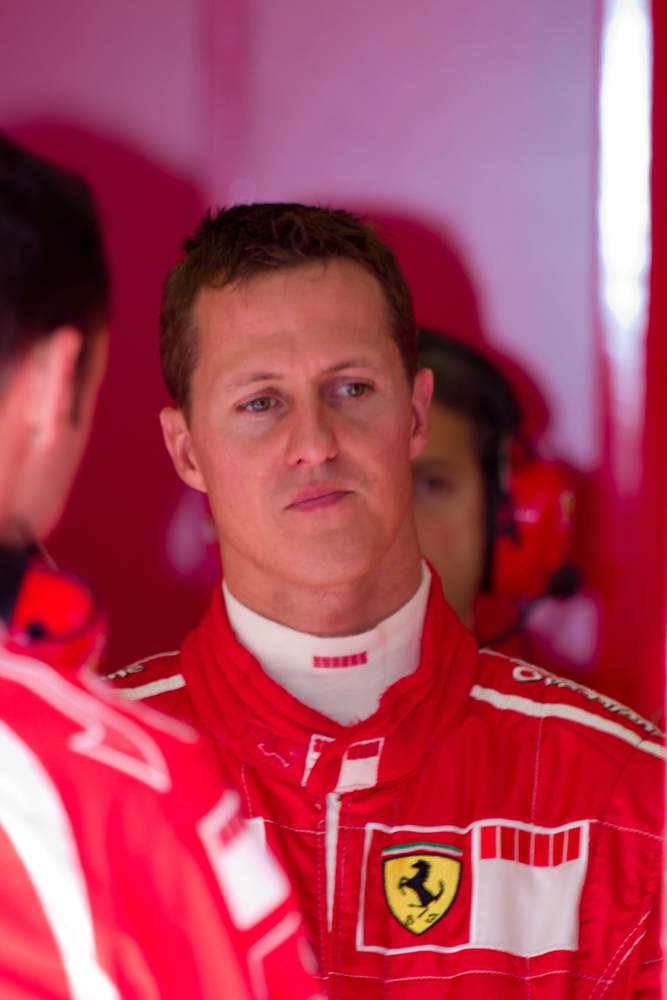
The season where brilliance, controversy, and one infamous move defined the debate
If there was ever a season that captured the paradox of Formula 1 — raw talent vs results — it was 1997. Michael Schumacher drove magnificently all year in a Ferrari that objectively wasn’t as strong as the Williams. He won more races, delivered more standout drives, and carried Ferrari on his back during a rebuild.
But the season is remembered for one thing: Jerez 1997.
Why People Say Schumacher Was the Better Driver
- Dragged a weaker Ferrari into a year-long title fight
- Produced some of the most flawless drives of his early Ferrari career
- Outperformed the car’s true pace on multiple weekends
- Demonstrated racecraft and consistency Villeneuve often couldn’t match
Why Schumacher Didn’t Win the Championship
- The attempted collision with Villeneuve at Jerez backfired
- The FIA disqualified Schumacher from the entire championship
- Villeneuve, still limping with a damaged car, scored enough points to seal the title
- Williams had the better overall package throughout the season
Verdict:
Villeneuve earned his points, but Schumacher was the superior driver that year. The title slipped away due to one moment of desperation — and it remains one of the most debated outcomes in F1 history.
Felipe Massa vs Lewis Hamilton – 2008
2 Nov 2008: @LewisHamilton clinches his first world title in Brazil, pipping Felipe Massa by 1 point #OnThisDay #F1 pic.twitter.com/LhXQxm3sp2
— Formula 1 (@F1) November 2, 2015
The heartbreaking moment where the “best season” didn’t equal the championship
Few seasons have delivered drama like 2008, and few endings in sports history compare to the emotional earthquake at Interlagos. Felipe Massa drove the season of his life — fast, composed, and error-free in the second half of the championship. But Lewis Hamilton’s raw speed, adaptability in changing conditions, and late-race clairvoyance ultimately won the title… by a single point, and a single late overtake on Timo Glock.
Why Many Believe Massa Was the Best Driver in 2008
- He was arguably the fastest driver that year, especially in qualifying
- Won six races — the most of any driver
- Drove a flawless wet race at Brazil to “win the championship” for 20 seconds
- Improved dramatically after early-season mistakes
- Lost huge points due to Ferrari errors:
- Singapore pit light incident
- Hungary engine failure while leading
- A fuel-rig problem in Malaysia
Why Hamilton Won the Championship
- Consistency across all conditions
- Rescued weak weekends with strong damage-limitation results
- Masterful racecraft in the wet
- The famous final-lap overtake on Glock secured the five points he needed
- The McLaren was more reliable and strategically sharper
Verdict:
Hamilton deserved the title — but Massa was arguably the better performer across the year. Had Ferrari executed even slightly better, the Brazilian would have been champion.
Kimi Räikkönen vs Lewis Hamilton and Fernando Alonso – 2007
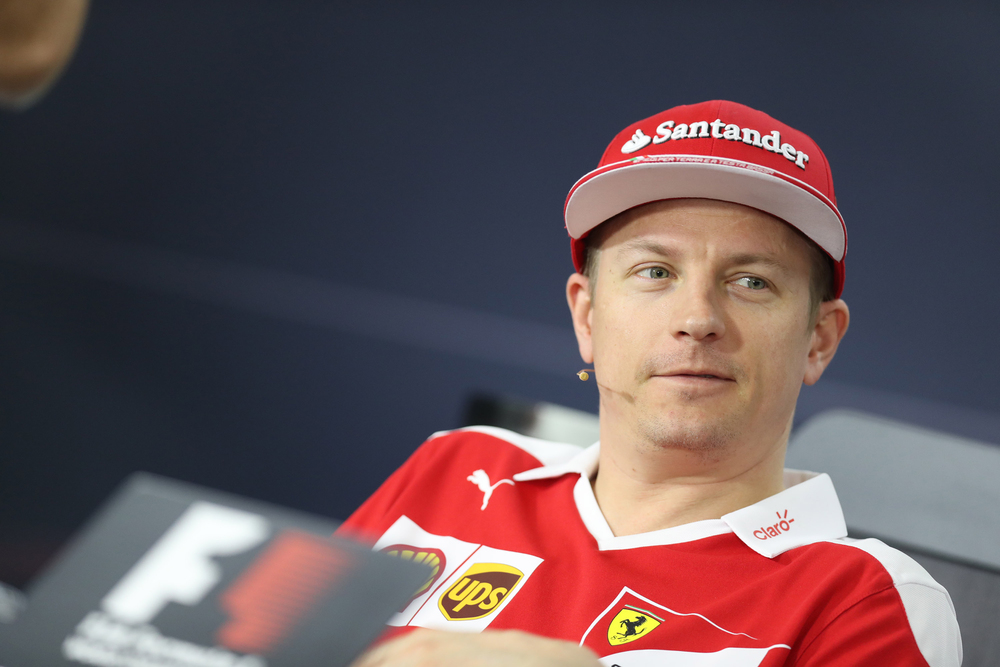
The season where the best didn’t win — because the best were fighting each other
2007 remains one of the greatest three-way battles in F1 history. Fernando Alonso and Lewis Hamilton, driving the superior McLaren, were arguably the two strongest drivers of the year.
But internal warfare cost them both.
Why People Say Hamilton or Alonso Were Better
- The McLaren MP4-22 was the class of the field
- Hamilton produced one of the greatest rookie seasons ever
- Alonso delivered elite consistency and racecraft despite internal chaos
- Both consistently outperformed the Ferrari pairing on pure race pace
Why Räikkönen Won the Championship
- Ferrari stayed united while McLaren imploded
- Kimi came alive in the second half of the season, winning three of the final four races
- McLaren lost points due to intra-team fighting, strategy disagreements, and political storms
- Hamilton’s mistake at China and technical issues at Brazil cost him the title
Verdict:
Kimi was spectacular when it mattered, but McLaren had the best car and the two best drivers that year. The championship slipped away through internal conflict, not driving ability.
Damon Hill vs Michael Schumacher – 1994
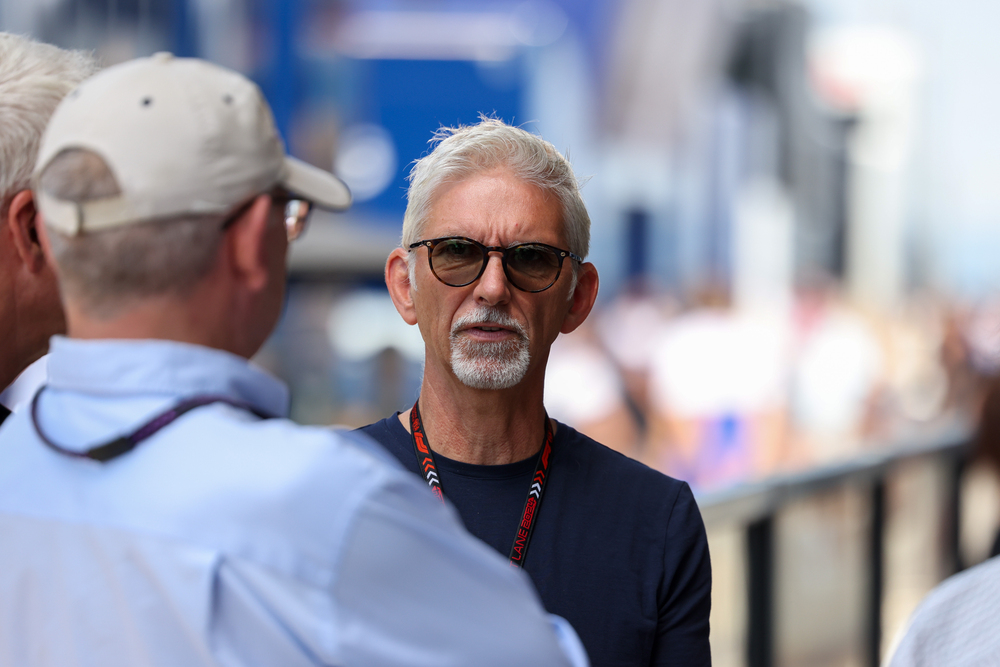
A season overshadowed by tragedy, rule changes, and controversy
Ayrton Senna’s death, Benetton’s accusations of illegal traction systems, and Williams’ early instability defined a turbulent season. Many analysts argue Schumacher’s performances were exceptional — but also note that the season’s context makes the debate complicated.
Why This Season Is Considered
- Schumacher won 8 races
- Was dominant before his ban
- Out-drove Hill in nearly every direct battle
But Why It’s Complicated
- Schumacher received a two-race ban
- Senna’s death reshaped the competitive landscape
- The finale in Adelaide ended in a collision — Schumacher hit the wall, then made contact with Hill
- Hill lost his chance to pass for the title
Verdict:
Schumacher was the stronger driver overall — but 1994 is tied tightly to its tragedies and controversies.
Stirling Moss vs Mike Hawthorn – 1958

The earliest and purest example of “best driver doesn’t win”
Stirling Moss is widely regarded as the greatest driver to never win a championship. In 1958, he won four races to Hawthorn’s one, was faster, cleaner, and universally viewed as the superior racer.
Why Moss Didn’t Win
- Hawthorn accumulated points through consistent podiums
- Moss, incredibly, defended Hawthorn in a sporting gesture after a penalty dispute
- That act ultimately cost him the title
- Reliability issues crippled Moss more often than Hawthorn
Verdict:
Moss was the superior driver, full stop. Hawthorn was champion — but even he later admitted who deserved it more.
Fernando Alonso vs Sebastian Vettel – 2012
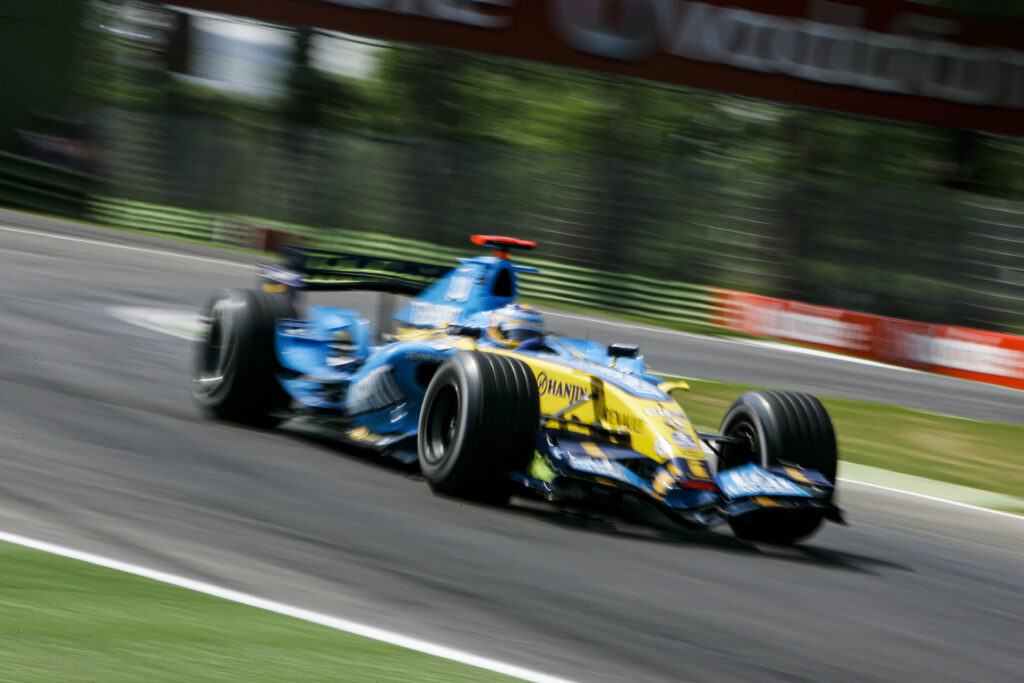
The modern example where the statistics and the story don’t match perfectly
Alonso’s 2012 season is considered one of the greatest performances in modern F1 history. He dragged an uncompetitive Ferrari to wins, podiums, and a title fight that should have been impossible.
Yet Vettel won the championship.
Why People Argue Alonso Was the Best in 2012
- Ferrari’s F2012 was fundamentally weak, especially early on
- Alonso’s consistency was unmatched
- He scored nearly every possible point the car could achieve
- Vettel benefited from late-season Red Bull dominance
Why Vettel Won
- The RB8 became unbeatable late in the year
- Vettel delivered when it counted: 4 straight wins in rounds 13–16
- Alonso lost big points from Spa and Suzuka first-lap incidents that weren’t his fault
Verdict:
Alonso arguably out-drove Vettel — but Vettel’s combination of speed, reliability, and Red Bull’s upgrades secured the championship.
The 2025 Case Study: Lando Norris vs Max Verstappen
Is this another season where the best driver won’t be champion?
As of today, the 2025 narrative is clear:
- Max Verstappen has been the most complete driver
- He has extracted near-perfect performance from a car that is no longer the class of the field
- His race pace, overtaking, tyre management, and mental consistency remain elite
But Lando Norris, with a McLaren that has been competitive all year and devastating in the final third of the season, may walk away with the championship.
Why This Season Fits the Historical Pattern
- Verstappen has starred despite changing conditions, strategy chaos, and pressure
- Norris refined his weaknesses, maximized team execution, and maintained consistency
- McLaren’s late-season form tipped the balance
- Red Bull development stagnated at a crucial moment
If Norris wins the Drivers’ Championship, it will be deserved — but Verstappen’s season may still be remembered as the stronger performance on pure driving merit.
Conclusion — Championships Aren’t About “Best,” They’re About “Most”
Formula 1 has always balanced two truths:
- The best driver doesn’t always win the title.
- The champion always deserves their trophy — because they mastered the season that was given to them.
Whether it’s Moss in 1958, Schumacher in 1997, Massa in 2008, Alonso in 2012, or Verstappen in 2025, history reminds us that the championship is more than raw talent.
It is a battle of teams, timing, reliability, mistakes, luck, and consistency.
And that’s exactly what makes it fascinating.
For Tickets and Package Deals to all your Favourite F1 Races Please Click Here
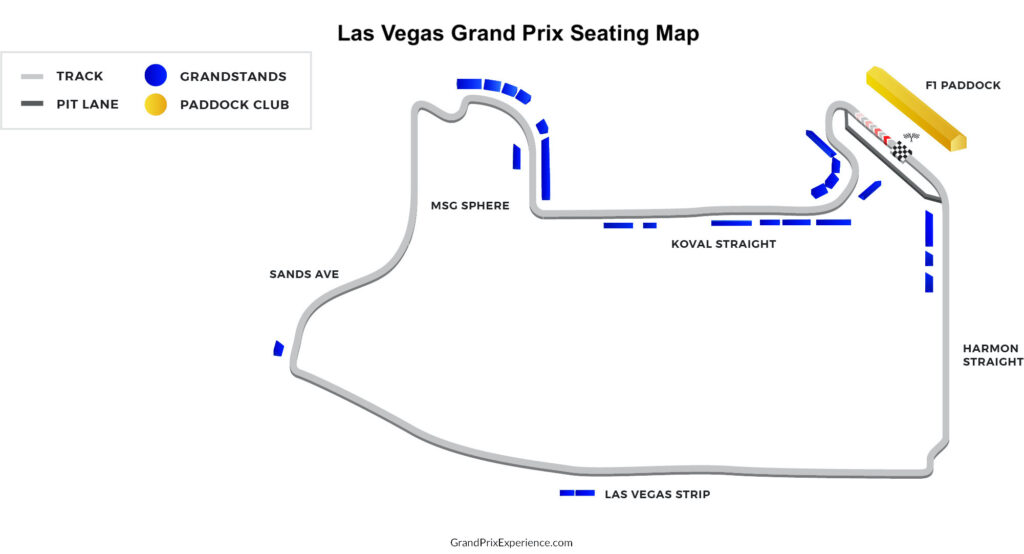
Sources
(All active links, as requested)
- https://www.formula1.com
- https://en.wikipedia.org/wiki/1997_Formula_One_World_Championship
- https://en.wikipedia.org/wiki/1994_Formula_One_World_Championship
- https://en.wikipedia.org/wiki/1994_Formula_One_World_Championship
- https://en.wikipedia.org/wiki/1994_Formula_One_World_Championship
- https://en.wikipedia.org/wiki/2012_Formula_One_World_Championship
- https://en.wikipedia.org/wiki/Stirling_Moss
- https://en.wikipedia.org/wiki/1994_Formula_One_World_Championship


